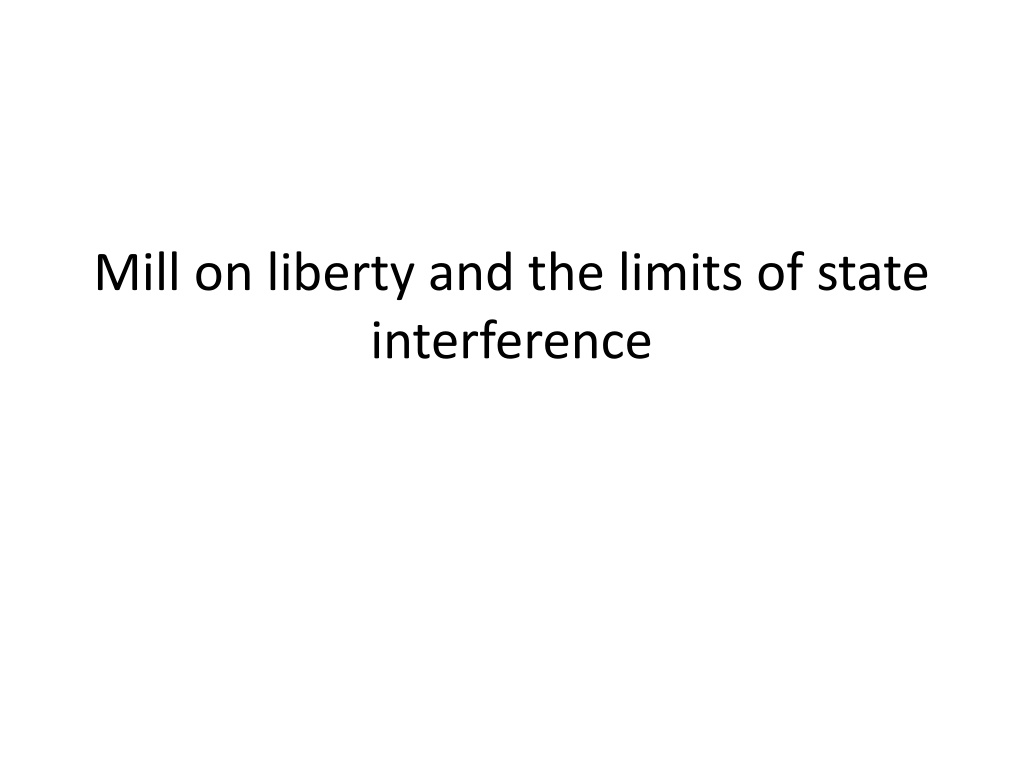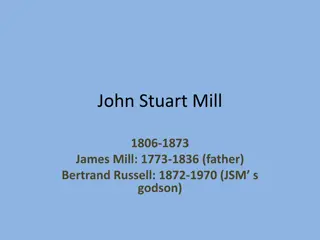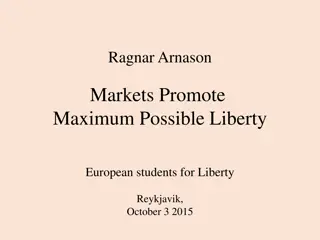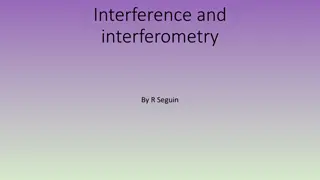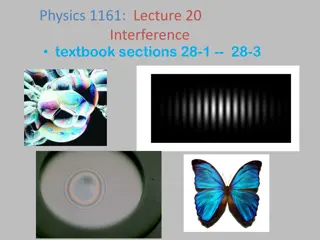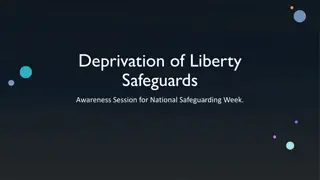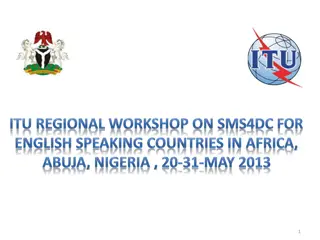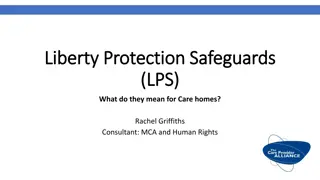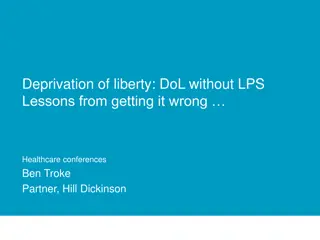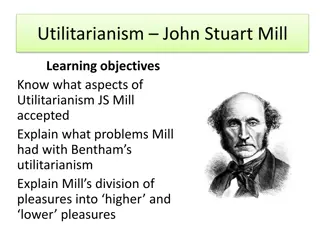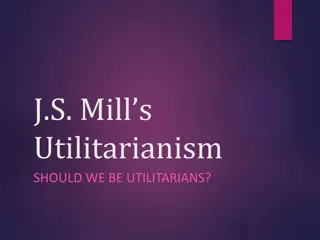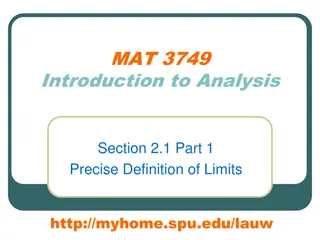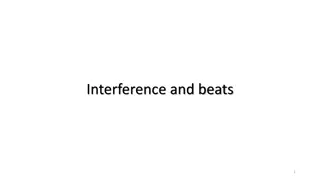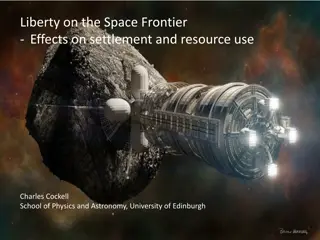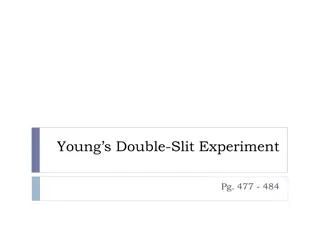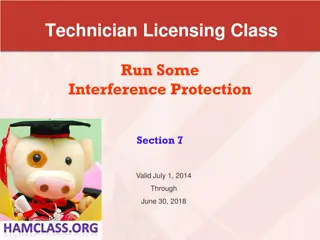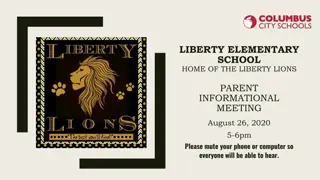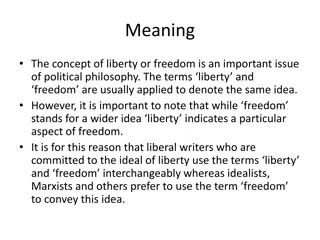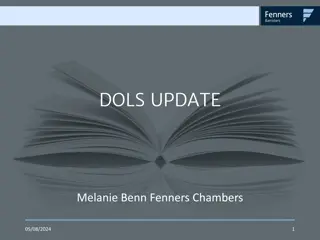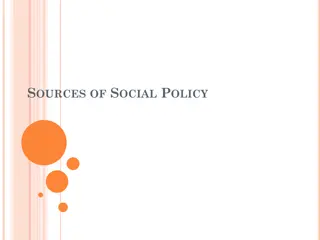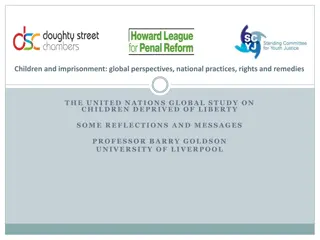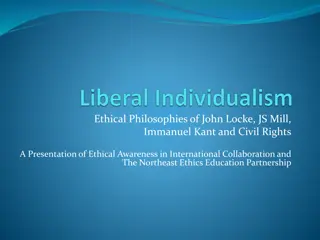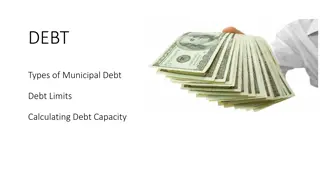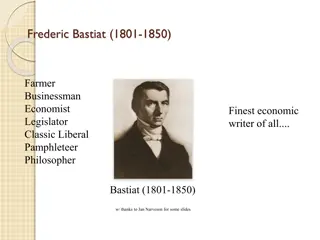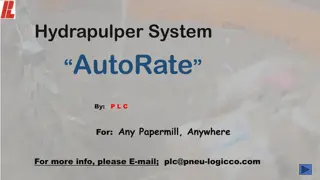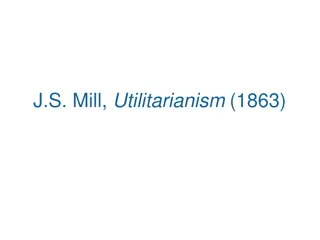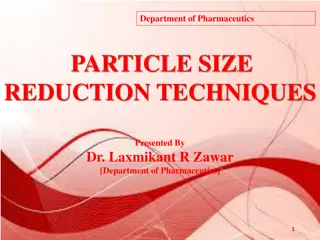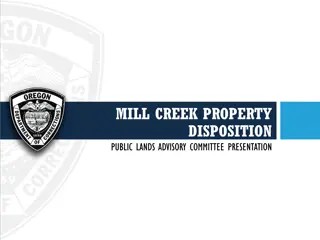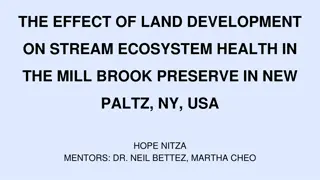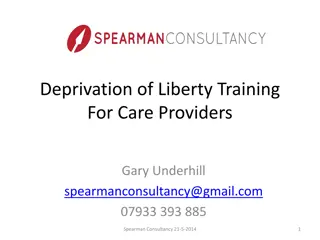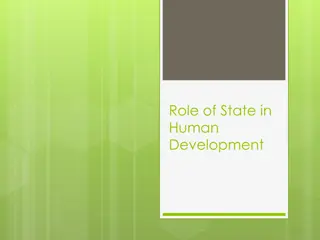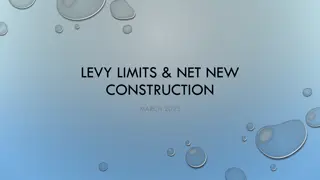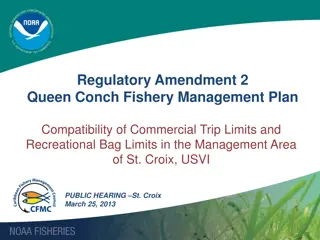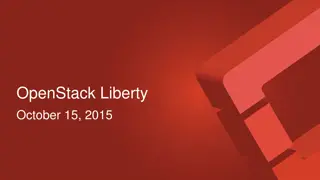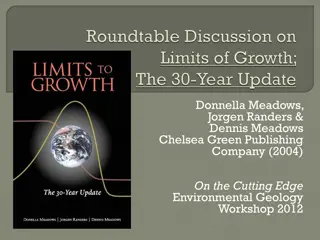Mill on Liberty and State Interference: Principles and Limits
John Stuart Mill's work delves into the principles of civil and social liberty, addressing the limits of state interference on individual freedoms and the influence of societal pressures. He emphasizes the necessity of protecting against tyranny, including the tyranny of the majority, and the importance of a principle of liberty to prevent society from imposing its beliefs on dissenting individuals. Mill argues for defining legal and moral restraints using reason over personal opinions to establish non-arbitrary boundaries on individual liberty.
Download Presentation

Please find below an Image/Link to download the presentation.
The content on the website is provided AS IS for your information and personal use only. It may not be sold, licensed, or shared on other websites without obtaining consent from the author. Download presentation by click this link. If you encounter any issues during the download, it is possible that the publisher has removed the file from their server.
E N D
Presentation Transcript
Mill on liberty and the limits of state interference
1. Mills principle of liberty Civil or social liberty concerns nature and limits of (coercive) power that can be exercised by society over the individual (1) Power of government over individuals Laws and regulations forbidding certain things, powers possessed by the state and its officials (2) Power of society (in form of public opinion and morality) over the individual Pressure exercised on individuals by society to conform to existing norms, beliefs and values
Protection against tyranny Appeals to ideal of liberty previously used to establish limitations on monarchical state power Appeals to inviolable rights made against sovereign and demand for establishment of representative bodies to maintain these rights and represent the people s interests Even with rise of representative democracy and idea of popular sovereignty, there is still the need for a principle of liberty that places limits on the extent to which society can legitimately exercise power over the lives of individuals Tyranny of the majority the will of the most numerous or the most active partof the people (OL, 8)
Majority rule includes the informal sanctions of society based on opinions and religious beliefs of the majority Protection for the individual is therefore required not only against the actions of government but also against the moral sanctions of society: [T]here needs protection also against the tyranny of the prevailing opinion and feeling; against the tendency of society to impose, by other means than civil penalties, its own ideas and practices as rules of conduct on those who dissent from them; to fetter the development, and, if possible, prevent the formation, of any individuality not in harmony with its ways, and compel all characters to fashion themselves upon the model of its own. (OL, 9)
The need for a principle of liberty Legal and moral restraints on individual liberty are necessary Their limits need to be defined, however, by means of reason rather than by personal opinions, preferences or interests and custom Thus there is the need for a non-arbitrary, non-customary rule or principle by means of which the limits of permissible legal and moral constraint can be determined
Mills very simple principle: [T]he sole end for which mankind are warranted, individually or collectively, in interfering with the liberty of action of any of their number, is self-protection. That the only purpose for which power can be rightfully exercised over any member of a civilized community, against his will, is to prevent harm to others. His own good, either physical or moral, is not a sufficient warrant. He cannot rightfully be compelled to do or forbear because it will make him happier, because, in the opinions of others, to do so would be wise, or even right The only part of the conduct of any one, for which he is amenable to society, is that which concerns others. In the part which merely concerns himself, his independence is, of right, absolute. Over himself, his own body and mind, the individual is sovereign. (OL, 14)
Coercion or moral constraint can be rightfully used against others iff it is necessary to prevent one person from harming another person It cannot be used to prevent individuals harming themselves, whether physically or morally (or harming others who have freely consented to engage in certain acts with them) To apply coercion or constraint in such cases would be to violate an individual s autonomy . Self-regarding v. other-regarding actions A policeman getting drunk in his/her own home on his/her day off v. getting drunk while on duty Same action (drinking alcohol), same result (being drunk) but different circumstances (private sphere/public sphere)
What is meant by harm to others? Distinction between simply affecting others (e.g. offending their religious beliefs) and affecting the interests of others Actual v. possible harm Mill himself argues for laws proscribing marriage unless parties involved can show they can support any children born Procreation in circumstances in which a married couple could not support their children materially would cause (potential) harm to interests of any children born in such circumstances Marriage cannot, therefore, be justified (on consequentialist grounds)
What about other measures designed to prevent the possibility of harm to others (e.g. drink driving laws designed to prevent road accidents), as opposed to measures designed only to punish acts that have actually caused harm to others? Mill also includes acts of omission (e.g. failing to help save another person s life, give evidence in court) as justifiably punishable by means of legal or moral sanctions because they harm interests of others Could we not, therefore, imagine possibility of harm being invoked to narrow the sphere of individual liberty to a considerable degree? Individual s actions may incur natural penalties which make legal penalties unnecessary For example, anti-social behaviour may lead others to avoid one s company
2. Mills negative conception of freedom Liberty consists in doing what one desires (OL, 107) Freedom understood as absence of external constraints on action and right to do what one wants to do within certain limits X is free from Y to do Z Individuals should be free to pursue their own conceptions of the good life, though only in so far as this does not prevent others from doing the same What this good life is remains a matter for the individual decide
For Mill, individuals generally have the best knowledge of their own feelings and circumstances They are consequently in a better position than others to judge what is in their own interests and what is good for them: The only freedom which deserves the name, is that of pursuing our own good in our own way, so long as we do not attempt to deprive others of theirs, or impede their efforts to obtain it. Each is the proper guardian of his own health, whether bodily, or mental and spiritual. Mankind are greater gainers by suffering each other to live as seems good to themselves, than by compelling each to live as seems good to the rest (OL, 17) X is free from Y to be or become Z
Against paternalism It is not the task of governments to prevent people doing something or to make them do something which they have not themselves judged to be good What about person whose notion of a good life involves an unhealthy or dangerous lifestyle that results in the need for expensive taxpayer-funded medical treatment? Doesn t this person s behaviour indirectly harm the interests of others? Or do the benefits of allowing individuals to do what they desire to do, so long as it does not directly harm others, outweigh such disadvantages?
But with regard to the merely contingent, or, as it may be called, constructive injury which a person causes to society, by conduct which neither violates any specific duty to the public, nor occasions perceptible hurt to any assignable individual except himself; the inconvenience is one which society can afford to bear, for the sake of the greater good of human freedom. (OL, 91) Permits such things as health warnings, perhaps, but not the direct prohibition of certain things or activities A consequentialist argument against paternalism
3. The principle of liberty and Mills utilitarianism Morality of actions judged according to their consequences, specifically their utility That act or rule which maximizes happiness/general well-being is the right thing to do Principle of liberty cannot, therefore, be regarded as valid independently of its consequences - it is not a natural law or right I regard utility as the ultimate appeal on all ethical questions; but it must be utility in the largest sense, grounded on the permanent interests of man as a progressive being. Those interests, I contend, authorize the subjection of individual spontaneity to external control, only in respect to those actions of each, which concern the interest of other people. (OL, 15)
Can we always be sure that the consequences of protecting individual liberty will in each and every case produce more utility measured in terms of happiness/general well-being? Need to understand what is meant by notion of the permanent interests of man as a progressive being The more these interests are met, the more happiness there will be (or so Mill assumes)
Mill on higher v. lower pleasures Human happiness does not consist merely in pleasant sensations and feelings occasioned by such activities as eating, drinking, enjoying a warm bath etc. There are higher pleasures connected with intellectual activity, imagination and moral sentiments (e.g. reading intellectually challenging but stimulating books, looking at works of fine art, feeling pleasure in doing good to others) Importance of type of pleasure an activity or object brings Quality matters: there are not only more or less intense pleasures but also better and worse ones
The value of liberty (1) Individuality and spontaneity [T]he principle requires liberty of tastes and pursuits; of framing the plan of our life to suit our own character; of doing as we like, subject to such consequences as may follow: without impediment from our fellow creatures, so long as what we do does not harm them, even though they should think our conduct foolish, perverse, or wrong. (OL, 17)
Spontaneity = natural development of full personality, development of individual s potential as a thinking and feeling being Mill assumes that if this natural development is allowed to occur, the result will be a variety of fully developed characters Eccentricity to be preferred to conformity on consequentialist grounds Non-conformity is necessary to prevent cultural stagnation It leads to an awareness of possible alternatives and the suppression of it would, therefore, limit the potential of the human race to develop and progress
(2) Autonomy Self-mastery as condition of developing and pursuing one s own plan of life Capacity and freedom to make decisions independently of others Is autonomy merely a part of happiness or something that is to be valued for its own sake? If it is only part of happiness, why couldn t violations of autonomy be justified when they maximize utility? Other constitutive parts of happiness could be furthered in such a way as to outweigh the disadvantages of a reduction in autonomy
If desired and valued in its own right, autonomy is not simply part of happiness but instead has an independent value How, then, does it figure in the utilitarian calculus? 4. A final question Is Mill s consequentialist justification of liberty compatible with his claim that actions that harm the interests of others may be forbidden? Couldn t the benefits of liberty outweigh the harm that the exercise of it causes individuals or groups within society?
Liberty of thought and expression Mill offers a consequentialist argument against the suppression of opinion (however offensive) If an opinion is right, the human race will be deprived of it Human beings are not infallible, so we cannot be sure that the opinion we are trying to stifle is a false one If it is wrong, the human race will be deprived of the opportunity to reinforce by surviving a challenge its knowledge and understanding of what is right or true
Freedom of thought and expression is necessary for discovering truth or overcoming error Example of problem of Holocaust denial (legally forbidden in certain countries) Should it nevertheless be permitted, despite the offence and any other harm it causes, on the grounds that its refutation may serve to reinforce in people s minds the reasons why it is wrong to express such a view and how this view is based on error? But what if Holocaust denial should instead become ever more widely accepted?
Tension between right of self-expression and idea of harming the interests of others (and society as a whole) Can appeals to utility-maximisation serve to resolve such cases? Or is an appeal to some kind of independent, unconditional value needed?
